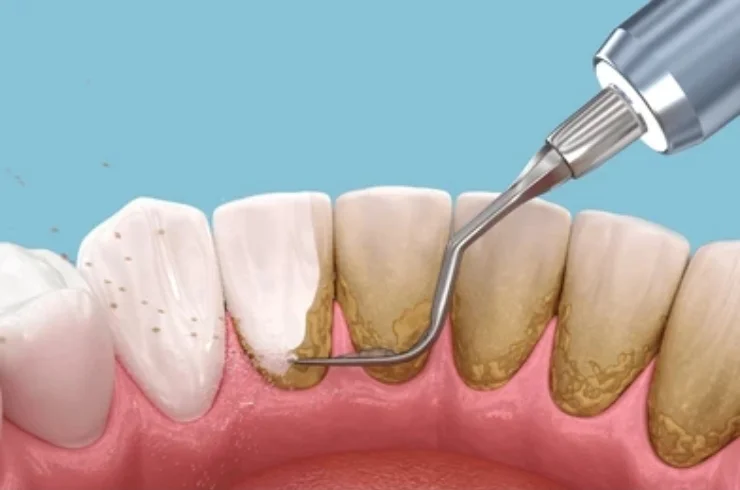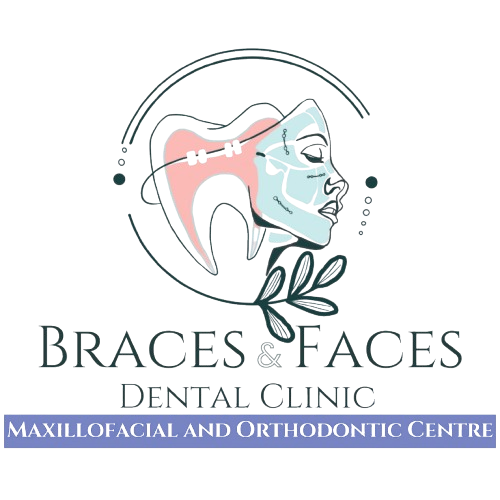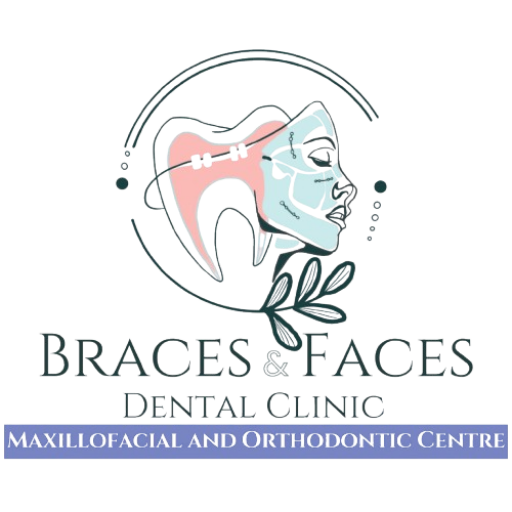Scalings

Scaling refers to the process of removing plaque, tartar (calculus), and bacterial deposits from the surface of teeth, especially in areas that are hard to reach with regular brushing and flossing. It is a crucial part of dental hygiene that helps maintain oral health, prevent gum diseases, and improve overall dental aesthetics.
Why is Scaling Important?
Over time, plaque and tartar build up on the teeth and along the gum line. If left untreated, this accumulation can lead to gingivitis, an early stage of gum disease, which can cause redness, swelling, and bleeding of the gums. If gingivitis progresses, it may develop into periodontitis, a severe gum infection that can result in tooth loss and other serious complications. Regular scaling helps prevent these issues by keeping teeth and gums clean and healthy.
The Procedure of Scaling
Dental scaling is typically performed by a dentist or dental hygienist using specialized instruments. The procedure includes:
Ultrasonic Scaling – A high-frequency vibrating device is used to break down tartar and plaque while a jet of water flushes away debris.
Manual Scaling – A handheld scaler is used to carefully remove smaller deposits from the teeth and gum line.
Polishing – After scaling, the teeth may be polished to smoothen their surface, making it harder for plaque to accumulate again.
Fluoride Treatment (Optional) – A fluoride application may be provided to strengthen teeth and protect against cavities.
Benefits of Dental Scaling
Prevents gum diseases such as gingivitis and periodontitis.
Reduces bad breath caused by plaque and bacterial buildup.
Prevents tooth decay by removing plaque that leads to cavities.
Enhances the appearance of teeth by eliminating stains and discoloration.
Helps maintain overall oral health and prevents tooth loss.
Post-Scaling Care
After the procedure, some sensitivity and mild discomfort may occur for a few hours or days. Patients are advised to:
Avoid extremely hot or cold foods for a day.
Maintain good oral hygiene with regular brushing and flossing.
Use a prescribed mouthwash if recommended by the dentist.
Schedule regular dental check-ups to maintain oral health.

